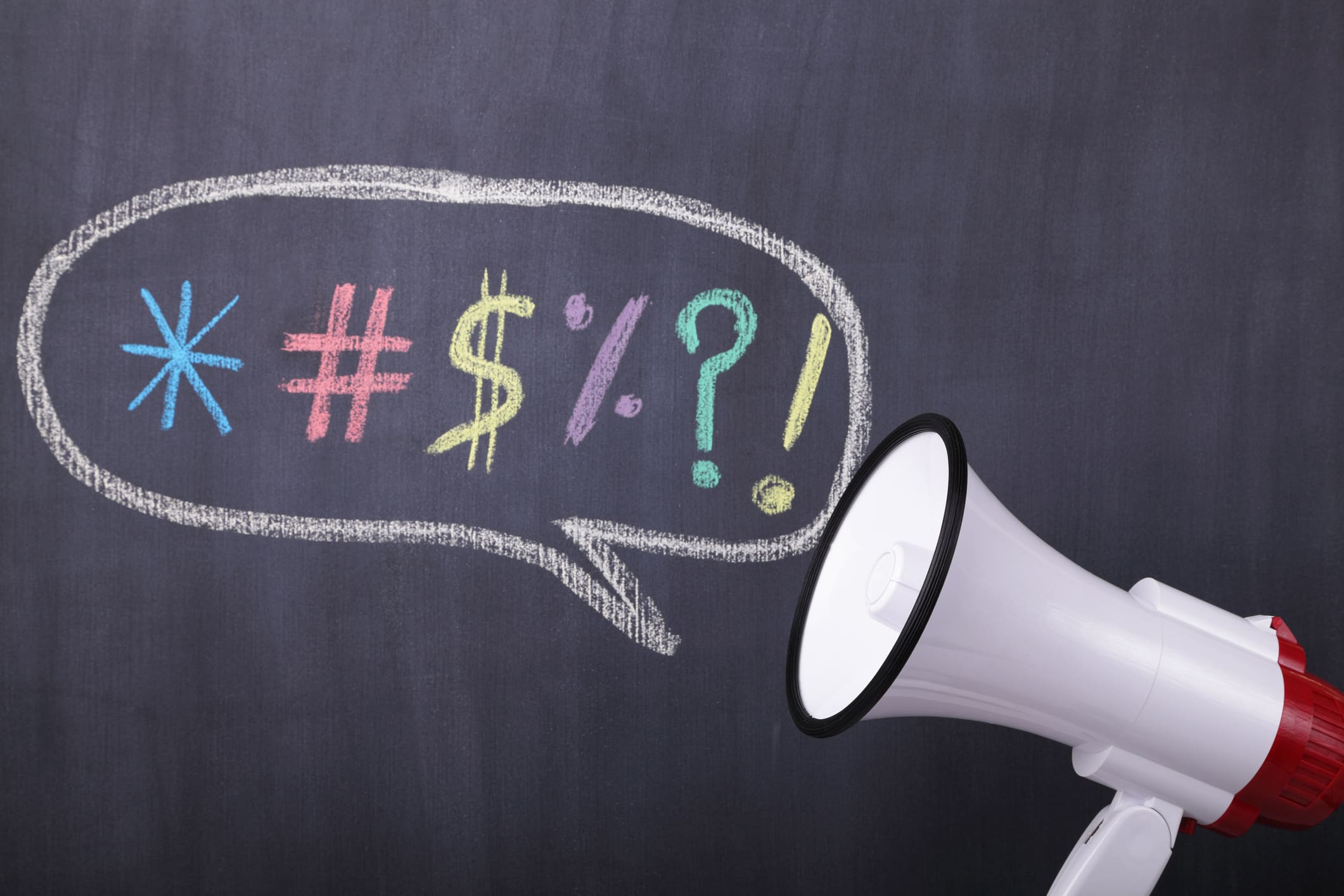NLRB Reviewing Conflict Between Section 7 Concerted Activity and Civil Rights Laws
Section 7 of the National Labor Relations Act (“NLRA”) protects employees who engage in concerted activity. Since the Atlantic Steel case in 1979, the National Labor Relations Board (“NLRB” or the “Board”) has applied a four-part test to determine whether that protection extends to offensive language, often times finding offensive speech to be protected on the basis that Section 7 permits a wide range of oral and written communication in order to promote the open debate between labor and management in the collective bargaining process. Atlantic Steel Co., 245 NLRB 814. For example, during the Obama administration, the Board protected speech by employees who had engaged in profanity-laced outbursts during a meeting with a supervisor (Plaza Auto Center, 360 NLRB No. 117 (2014)), posted on Facebook a profane attack against a supervisor (Pier Sixty, LLC, 362 NLRB No. 505, enforced 855 F.3d 115 (2d Cir. 2017), and directed racist insults at replacement workers during a strike. Cooper Tire, 363 NLRB No. 194 (2016), enforced 866 F.3d 885 (8th Cir. 2017).
The problem with protecting offensive speech under Section 7 of the NLRA is that sometimes that same speech may violate the protections afforded to other employees under the civil rights laws, which protect employees from being subjected to a hostile work environment and severe and pervasive racist, sexist and other rude comments regarding protected classifications. Thus, there may be a conflict and an employer may be caught in a Catch-22 when it terminates an employee for creating a hostile work environment and the employee files an unfair labor practice charge under the NLRA and is reinstated by the NLRB.
In General Motors LLC, Case Nos. 14-CA-197985 and 208242, that is exactly what happened when an administrative law judge held that GM unlawfully disciplined an employee who had directed a profane outburst at a supervisor during a discussion regarding overtime and then later played profane and racially charged music when the supervisor entered the room. Hence, on September 5, 2019, the Board invited briefing on the issue of whether “profane outbursts and offensive statements of a racial or sexual nature, made in the course of otherwise protected activity,” should lose their Section 7 protection; see also, extension of briefing schedule.
Briefs have been filed by the U.S. Equal Employment Opportunity Commission (“EEOC”) and several management and labor groups. EEOC and management groups are citing the conflict between the NLRA and civil rights laws and how they affect diversity and inclusion efforts, as well as arguing that employees do not need to use offensive statements in order to exercise their Section 7 rights and that employers need to be able to take corrective action to stop harassing conduct in the workplace. Labor groups argue that the alleged offensive comments are only offensive to members of management and not the offending employees’ co-workers, and that the comments are sporadic and not pervasive.
A decision is not expected until later next year. In the meantime, employers should be careful when considering disciplinary action against an employee for the use of profane or offensive language where the employee has arguably engaged in concerted activity while doing so.


